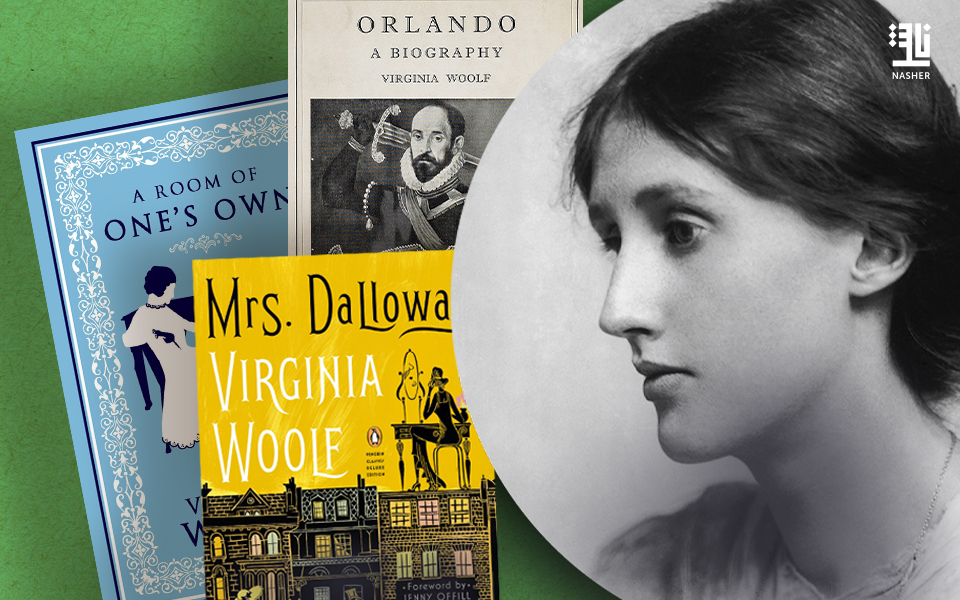English writer Virginia Woolf is one of the most prominent modernist authors of the twentieth century. Her works are distinguished by their experimental style and their bold, profound exploration of women’s issues. In her seminal essay A Room of One’s Own, Woolf emphasized the necessity of financial and intellectual independence for women—an idea that resonates strongly in her female characters, who embody the tension between societal constraints and the desire for liberation at a time when such freedom was a significant obstacle to their contributions to societal progress.
Woolf’s novels often employ the stream-of-consciousness technique, where thoughts and emotions intertwine in an unconventional narrative flow. This approach allowed her to delve into the inner worlds of her female protagonists, revealing their anxieties, dreams, and disappointments in societies that imposed rigid limitations on women. In Mrs Dalloway, for instance, Clarissa Dalloway appears outwardly at ease with her social life, yet she harbors deep internal questions about her choices and their consequences. Though she does not openly challenge societal norms, her introspective thoughts subtly critique the position of women in her world.
In Orlando, Woolf presents a unique character who transcends both time and gender, defying conventional boundaries. Through Orlando, Woolf challenges traditional notions of female identity, making the novel one of her most revolutionary works. Meanwhile, in To the Lighthouse, Mrs. Ramsay represents the ideal woman as perceived by Victorian society—a devoted wife and nurturing mother. However, the novel exposes the disparity between her external image and her internal desires, highlighting the gap between societal expectations and individual reality.
Woolf’s female characters have significantly influenced later feminist movements, as they present complex portrayals of women that go beyond traditional literary stereotypes. Her engagement with themes of identity, independence, and societal constraints has made her work a source of inspiration for generations of female writers in the twentieth century and beyond. Through her nuanced portrayals, Woolf offered a critical examination of women’s roles in society, raising questions that remain relevant today. While she embraced modernist techniques in form, she adopted rebellion as a central theme, making her works among the most influential in modern feminist literature.







